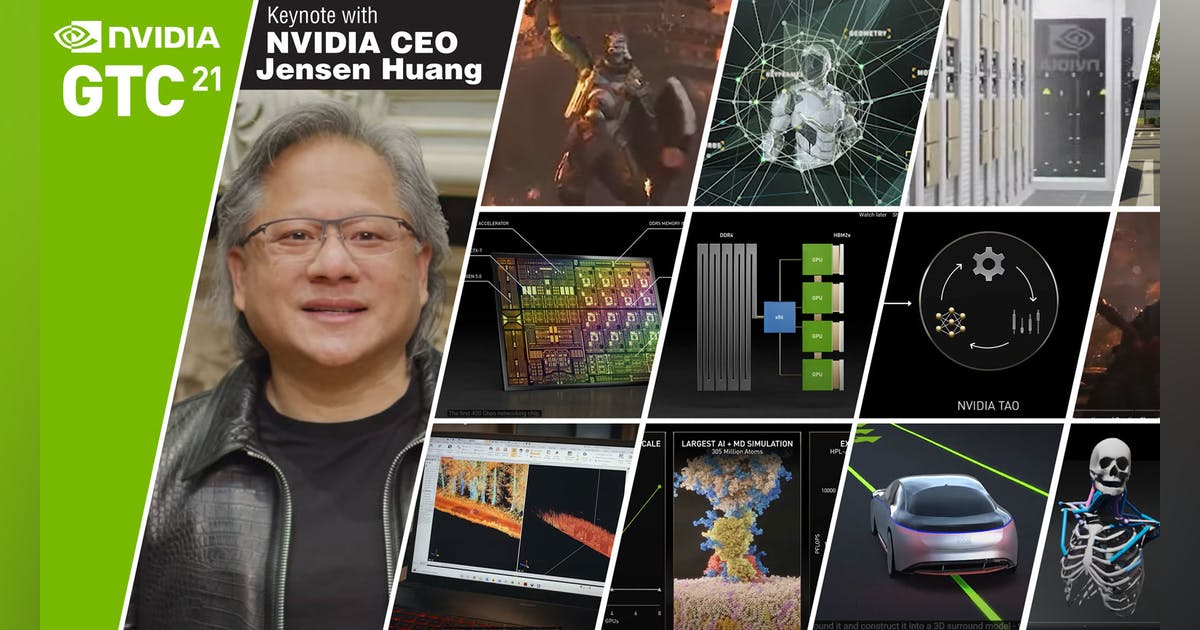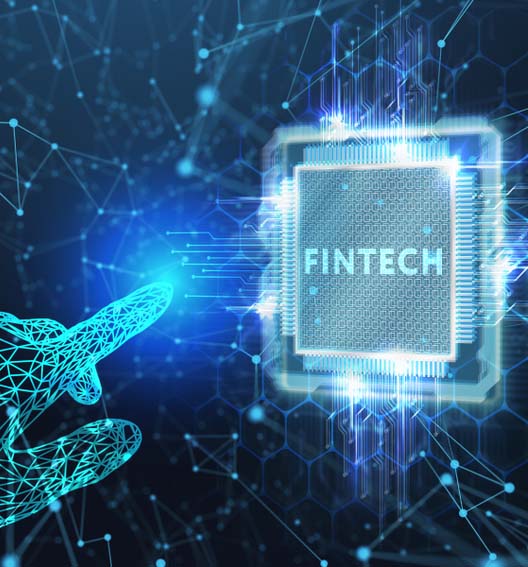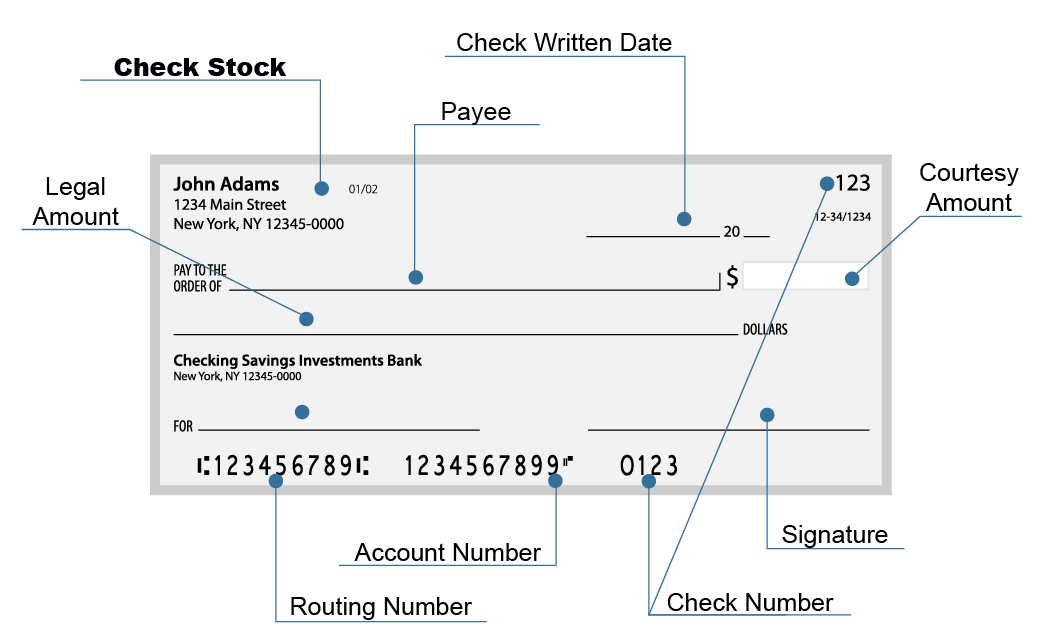GPU Advancements Highlighted at NVIDIA GTC Virtual Conference
NVIDIA's GTC virtual conference is set to take place November 8-11, and it promises to be a valuable resource for getting (and staying) up to speed on the latest technology in use and development across myriad industries.
If you are not familiar with the conference:
NVIDIA GTC is a global conference that brings together developers and visionaries who are shaping our world with the power of AI, accelerated computing, computer graphics, data science, and more. Join us online for an inspiring keynote from NVIDIA CEO and Founder Jensen Huang, as well as interactive sessions and informative talks from luminaries around the world.

As we note in the #OrboZone GPU, GPUs are the backbone behind the most advanced artificial intelligence and deep learning models and applications. NVIDIA invented the first ever GPU (GeForce 256) in 1999, which was originally "designed to accelerate the rendering of 3D graphics." Now, GPUs are ubiquitous in any industry, propelling new technology and innovations.
Artificial Intelligence/GPUs in Fintech
Fintech is one of the major industries that is leveraging AI and GPUs. This is why NVIDIA has an entire track devoted to AI in Fintech, with sessions focused on financial services. According to the conference website:
Explore featured sessions to learn about the impact of technology advances in financial technology (Fintech).
Fintech is driving global innovation that’s transforming how companies, consumers, and money interact across industries, from financial services to retail to transportation and beyond. AI is making Fintech interactions more personalized with recommendation engines, improving self-service using conversational AI, and making transactions more secure with fraud-detection models.

AI in Fintech is jam-packed with impactful sessions. Here are a few that may be of interest to you:
- PayPal: Large-Scale Graph Neural Networks Optimization for Financial Application [A31349]
- wefox: Disrupting Insurance Business Models with Data and AI [A31529]
- Oxford-Man Institute of Quantitative Finance, University of Oxford: Constructing Cross-Sectional Systematic Strategies by Learning to Rank [A31259]
- Munich Re, Applica, ICEYE, IDnow, MindBridge: How AI is Helping to Reduce Risk and Enable Text-Intensive Automation [A31142]
- Margaris Ventures, Unconventional Ventures, NVIDIA: AI in Fintech: With Great Power Comes Great Responsibility [A31358]
- Accern: AI in Practice: Allianz Cuts Down on Time-to-Insight with Out of the Box NLP [A31200]
- Panel: Implementing Trustworthy AI with Computing Platforms and Clever Algorithms [A31542]
NVIDIA GPUs Powering OrbNet AI Technologies
To say that NVIDIA GPUs are important to our OrbNet AI and OrbNet Forensic AI technologies is an understatement.


These technologies have revolutionized both check processing and check fraud detection.
As noted in #OrboZone Payment Processing, breakthroughs in Artificial Intelligence and Deep Learning technologies are leading the way for automating payment processing. Banks and financial institutions deploying these technologies are seeing tangible benefits, particularly in payments that once required manual intervention like check processing. The integration of our OrbNet AI into our Anywhere Recognition solution has seen unprecedented automation rates of over 99%

Leveraging OrbNet Forensic AI in our Anywhere Fraud solution has seen tremendous results, boosting fraud detection on check images to over 95% on targeted fraud use cases. Using AI for digital image analysis for the extraction of meaningful information from images, targeted image-based analyzers are able to detect counterfeits, forgeries, and alterations in situations where transactional analysis or machine learning alone fails.
Forensic AI analyzes the fields of a check to detect anomalous attributes, providing a risk score to fraud analysts.
Attributes analyzed by Forensic AI include:
- Validating that the Check Stock is consistent with previous transactions
- Identifying alterations to the CAR/LAR fields
- Verifying a signature match to previous checks

Artificial Intelligence and Deep Learning powered by GPUs is crucial to the new era of financial services, particularly check processing and check fraud detection, and so much more. We encourage you to register free for online access to over 500 sessions focused on NLP, data science, fraud detection, HPC, networking and more at https://www.nvidia.com/gtc/sessions/fintech/